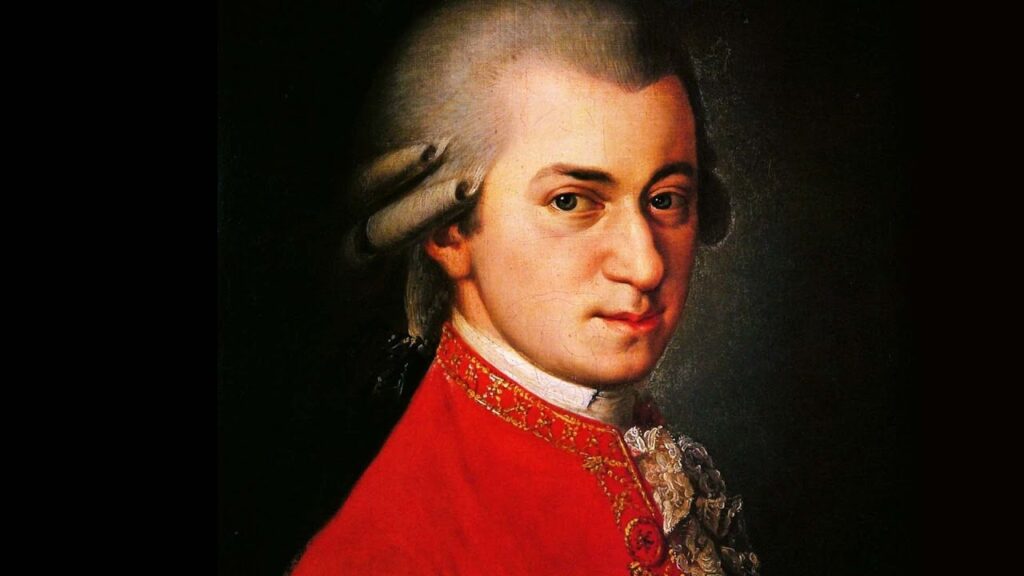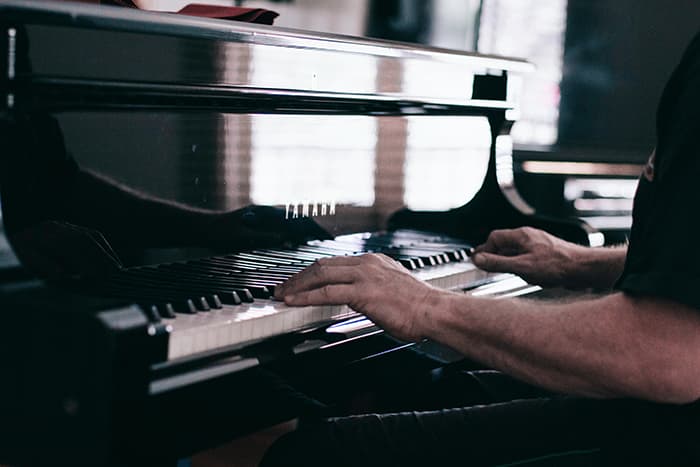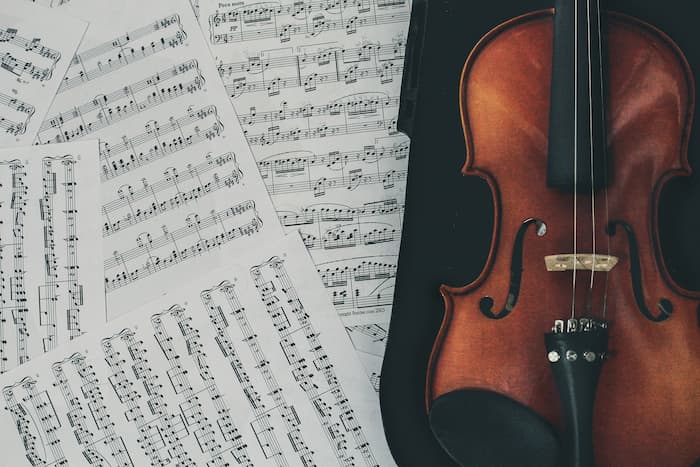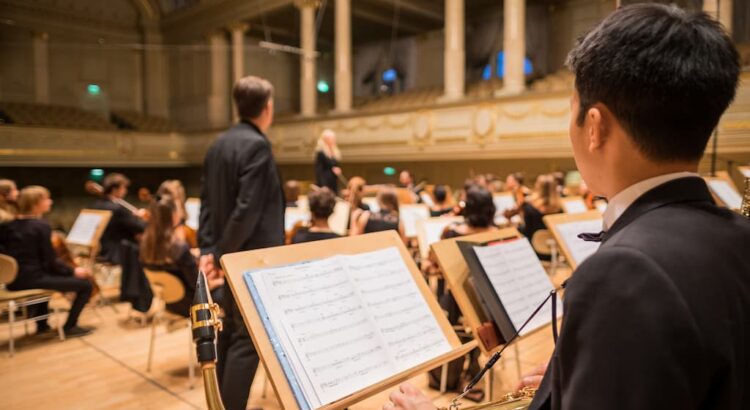Who owns the rights in classical music by composers such as Mozart, Wagner, Beethoven and Vivaldi? Is it even legal for a company to sell this music and make a profit on it? Shockwave-Sound.com owner/founder Bjorn Lynne sheds some light on the rights in classical music and traditional music.
Why are companies such as ourselves (Lynne Publishing / Shockwave-Sound.Com) claiming copyrights in classical recordings, tracks by Mozart and the likes? Isn’t this music in the Public Domain? Why can’t I just take this music and use it in my film, or on my website, without having to pay anybody for a right to do that?
On the face of it, it seems odd. After all, there is a law that says music composed by a composer who has been dead for 75 years becomes Public Domain. That’s why, for example, in 2008, compositions by George Gershwin became Public Domain — in other words, they belong to the people. To everyone and no one. And of course, people like Mozart, Vivaldi, Beethoven and Tchaikovsky have all been dead much longer than 75 years, so their compositions have been in the Public Domain for a long time already.

The clue is in that word: The recording. This is a separate right, from the rights in the Composition. When we are talking about classical music rights, we are talking about the rights that exist in that recording.
If you decide to sing a Mozart piece out loud and record it, you own that recording. If you play “Twinkle Twinkle Little Star” by hitting a hammer on various oil cans tuned to different pitches, and record it — or if you sit down and play “Für Elise” on piano, while recording your performance as an audio and/or video recording – then that sound recording is yours, and you own the rights to it.

If it’s your recording, you own the copyright.
When a record company decides to release a classical CD, they make their recording of that music. When they have done so, they own the rights to that recording. After all, if nobody could claim any rights in classical music recordings, why would any company be willing to invest tens of thousands of dollars on hiring an entire orchestra, paying all the musicians in that orchestra as well as the conductor for days, if they couldn’t claim the rights in the music and then exploit that recording commercially afterward?
Any person or company that has invested time and money in making their own versions/recordings of classical music tracks, even if the composition itself is in the public domain, own the rights to that recording. That’s why you can’t just take classical music from a CD and use it for anything other than personal listening. And that’s why companies such as ours can sell licenses to our classical music recordings. You pay us for a license to use the music, just as you do with our pop/rock music, and armed with our paid-for license, you may then proceed to use that track commercially, with our permission. (So long as you stay within the license terms).
The same goes for traditional music, meaning music where the composition is so old that nobody even knows who really composed it. Examples of this would be “Twinkle Twinkle Little Star“, “Silent Night“, “Itsy Bitsy Spider“, “O Danny Boy” and many, many other traditional music tracks. The Composition is not copyrighted to anyone, but if somebody hires musicians and makes their own recording of any of these tracks – then that person or company owns the rights to that recording.

So, to sum up: Even when a Composition is in the public domain because the composer has been dead for more than 75 years, there is still a copyright in the Recording. And many different companies each have rights in their recordings. For example, we here at Shockwave-Sound.com own the rights in our recording of Bach’s “Prelude in C major”, but we don’t own the rights to other recordings made by other people, of the same composition.
You can legally license Classical Music for use in film, video, YouTube, website, music on-hold and other purposes, by visiting our Royalty Free Stock Music Library, where you can choose between hundreds of different classical tracks by dozens of composers, famous and exotic.





